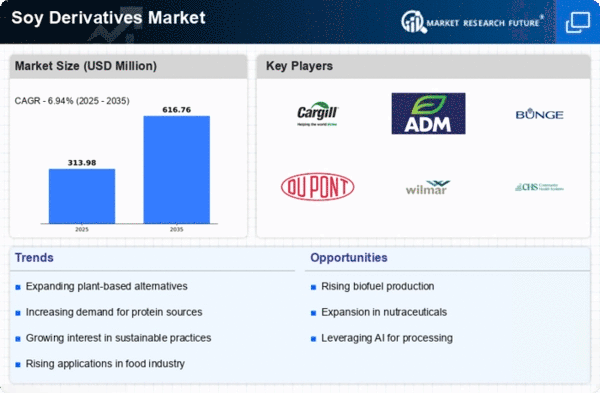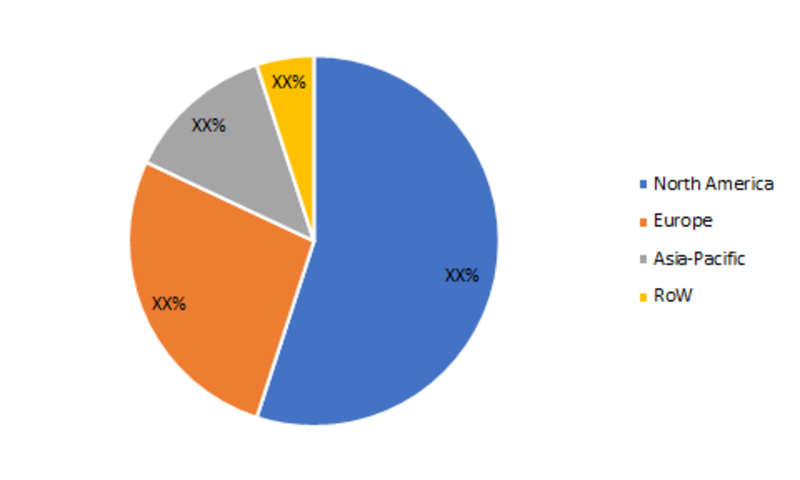Market Trends
Key Emerging Trends in the Soy Derivatives Market
The need for nutritious products in dietary supplements is on the rise, fueled by the increasing awareness among consumers about the advantages of a healthy lifestyle. Milk proteins, including whey and casein, are packed with essential amino acids, making them high-quality proteins that support muscle building, repair, and overall health. This has led to significant growth in the milk protein market, especially in functional foods and dietary supplements. Consumers are actively seeking products that contribute to a healthy lifestyle and fulfill their nutritional requirements, contributing to the ongoing expansion of the milk protein market.
In addition to the demand for animal-based milk proteins, there's a rising interest in plant-based alternatives due to the popularity of vegetarian and vegan diets. Plant-based proteins like pea protein and soy protein offer similar nutritional advantages to their animal-based counterparts. This shift towards plant-based alternatives aligns with the growing consumer preference for diverse dietary choices. Consequently, the demand for milk proteins in dietary supplements is expected to persist, driven by the dual factors of consumers seeking nutrition-rich options and the increasing market for plant-based alternatives.
Nutrient-Rich Products and Consumer Awareness
The recent surge in demand for nutrition-rich products within the dietary supplement segment is closely tied to the increasing awareness among consumers regarding the benefits associated with adopting a healthy lifestyle. This awareness has propelled individuals to actively seek products that contribute to their overall well-being and help meet their nutritional needs.
A significant player in this nutritional landscape is milk proteins, comprising varieties such as whey and casein. These proteins are recognized for their richness in essential amino acids, marking them as high-quality proteins. The notable benefits of milk proteins include their ability to aid in muscle building and repair, support immune function, and contribute to overall health. As consumers embrace the importance of these benefits, the milk protein market has experienced substantial growth in recent years.
The growth trajectory of the milk protein market can be attributed to the escalating demand for functional foods and dietary supplements incorporating these proteins. This trend is expected to persist and even gain momentum in the forecast period as consumers increasingly prioritize products that facilitate a healthy lifestyle and address their nutritional requirements effectively.
Rise of Plant-Based Alternatives
Parallel to the demand for animal-based milk proteins, there has been a notable surge in the popularity of plant-based alternatives. This shift is primarily driven by the increasing preference for vegetarian and vegan diets. Plant-based milk proteins, exemplified by options like pea protein and soy protein, have garnered attention for providing nutritional benefits comparable to their animal-based counterparts.
Pea protein and soy protein, among other plant-based alternatives, offer essential amino acids and nutritional richness, making them suitable for individuals adhering to vegetarian or vegan dietary preferences. This shift towards plant-based alternatives reflects the evolving landscape of dietary choices among consumers.



















Leave a Comment